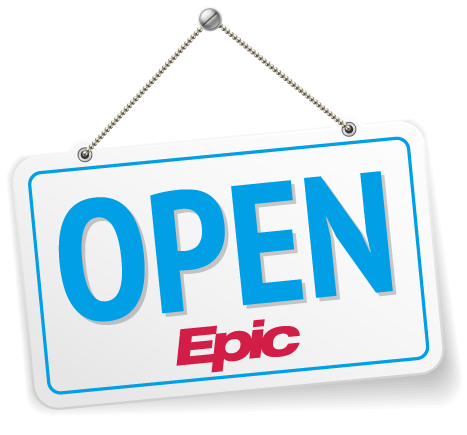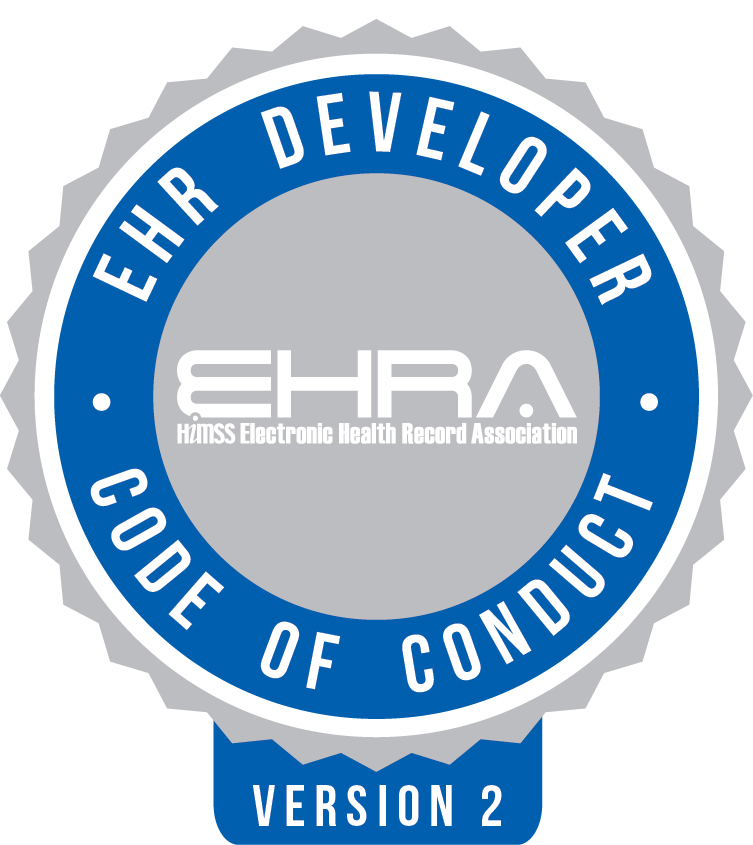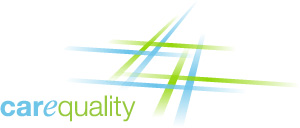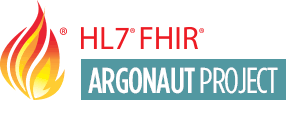Interoperate
Epic interoperability for vendor-neutral patient data exchange
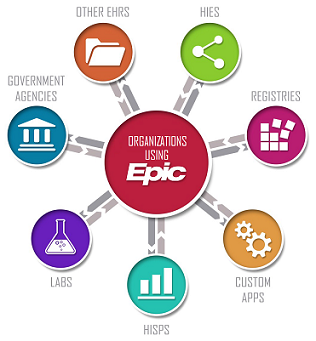
Epic enables the secure flow of patient data between Epic sites and exchange-capable systems. We achieve sophisticated, successful interoperability in three ways:
Care Everywhere exchanges patient data with other healthcare institutions that care for patients, including Health Information Exchanges (HIEs) and U.S. government agencies on the eHealth Exchange. Care Everywhere can exchange information directly between systems without an intermediary and follows transaction and terminology standards specified by IHE, ONC, HITSC, and other industry groups. In our query-based approach, Care Everywhere uses transactions from the XCA and XDS.b integration profiles developed by IHE. When pushing or receiving pushed information for planned transitions of care, Care Everywhere uses XDR Direct Project standards.
Using both query-based and push-based approaches, Care Everywhere can receive and display Continuity of Care Documents and several other industry standard document types (including all CDA-based documents). Epic's software also supports the exchange of documents defined in the Consolidated CDA framework required in the U.S.'s ONC certification program.
Our Interconnect service-oriented architecture (SOA) platform allows services to be exposed as SOAP/XML and REST/XML/JSON over HTTP/S, providing both traditional request/response messaging and asynchronous, queued messaging. Our library of open web services enables extensions and connections to support the evolving needs of the Epic community. We offer high-level web services across categories including access, accounts, billing, clinicals, diagnostics, identity, imaging, orders, patient portals, pharmacy, scheduling, security, and more.
 FHIR (Fast Health Interoperability Resources) is the newest HL7 standards framework for data exchange,
and we are closely monitoring the evolution of this standard. The Epic system currently includes support
for a range of DSTU2, STU3, and R4 read, search, and write resources.
We are continuing to add support for new resources while also updating existing resources to the latest standard.
Explore our FHIR capabilities or check out our FHIR developer toolbox for more details.
FHIR (Fast Health Interoperability Resources) is the newest HL7 standards framework for data exchange,
and we are closely monitoring the evolution of this standard. The Epic system currently includes support
for a range of DSTU2, STU3, and R4 read, search, and write resources.
We are continuing to add support for new resources while also updating existing resources to the latest standard.
Explore our FHIR capabilities or check out our FHIR developer toolbox for more details.
We offer healthcare organizations using Epic the same tools that we use to develop our systems, as well as training for their developers. They can use our web services to create and share add-ons, extensions, and new functionality. Feel free to explore our public documentation, APIs, and online testing tools, such as our FHIR developer toolbox. If as a developer you'd like access to more sandbox services or technical support, check out our Vendor Services.
Integration for standard business cases
Epic has one of the largest libraries of standard interfaces, supporting standards including HL7 v2 and v3, NCPDP, CDA, ANSI, DICOM, and more. These interfaces allow healthcare organizations to connect with other vendors and outside groups such as pharmacies, specialty and immunization registries, and lab systems.
Along with our interfaces, we also supply the Bridges interface toolkit, which allows customers to efficiently monitor and maintain all the Epic interfaces they use, as well as to write new interfaces to fit their specific needs.
Feel free to explore our public documentation.
